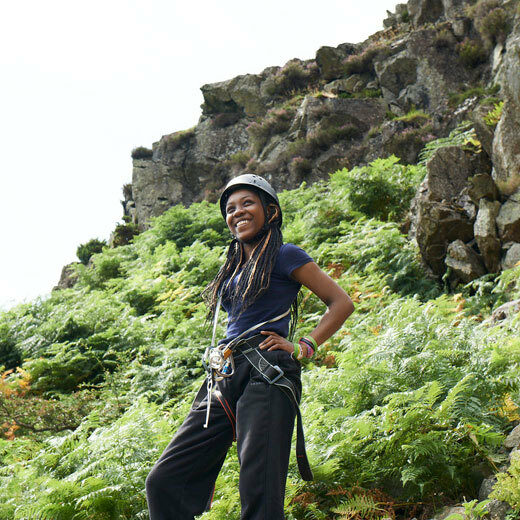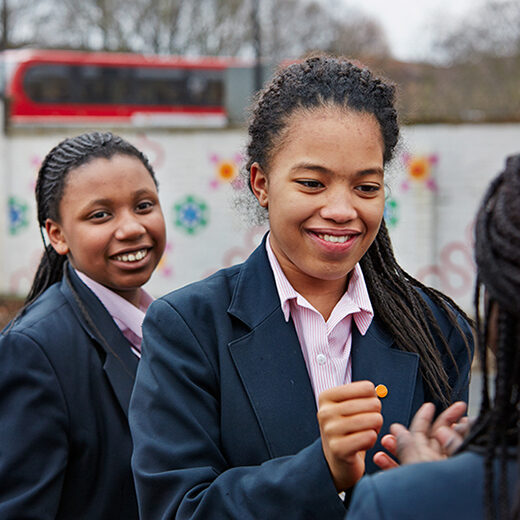Do we need exams?
Jeremy Corbyn has vowed to scrap SATs testing for 7 and 11-year-olds if Labour comes into power. Back in February, the Chairman of the Education Select committee suggested something equally ruthless for GCSEs. There was an uproar at the suggestion from Ofsted that reception-aged pupils should be pushed harder in reading and maths, and the proposed new ‘baseline testing’.

All this has got us thinking. What exactly is the purpose of exams? Why are we so keen to subject our youngest generation to rigorous rounds of assessment, year upon year? Is it really necessary to conduct baseline testing on four-year-olds?
Just imagine – no more late night revising, the end of gazing longingly out the window at the glorious British summertime and farewell to the back-of-the-toilet-door revision cards. But could this be a reality? Is it necessary?
Education is about facilitating learning, or the gaining of knowledge, skills, values and habits. Exams are commonplace in formal education procedures but many would argue that they are merely memory tests – providing a snapshot of the knowledge, not ability.
Everybody is a genius. But if you judge a fish by its ability to climb a tree, it will live its whole life believing that it is stupid.
Albert EinsteinExams don’t differentiate. What if you’re having a really bad day? What if you suffer from mental blocks? What if you really, really can’t climb trees? It makes you wonder if exams and assessments are a fair reflection of a young person’s abilities, contributions and learning. The heart-warming video from GCSE student Ellie Chick which went viral last summer says it all.
What valuable skills do exams provide us with?
A well-designed exam can certainly assess our ability to apply knowledge, demonstrate information or think critically about a scenario. These processes are what employers are looking for, and skills that education should definitely be developing in young people.
However, exams also do more than assessing learning – they promote it in a number of ways:

Organising and motivating yourself to revise helps to develop self-regulation (controlling behaviour, emotions and thoughts in pursuit of a long-term goal) and metacognition (understanding and control of your own learning processes).
Reorganising and expanding on learning material can help to enable deeper understanding.
The process of applying knowledge during revision and testing is one of the best ways to strengthen that knowledge. Just as practising helps muscles grow stronger during exercise, it also makes connections in the brain to grow stronger during revision.
Unlocking the potential of exams
We think exams have a place but that they need to be appropriate to the knowledge and skills being assessed - and they need to form part of a balanced curriculum and assessment programme.
For instance, the new style of GCSEs, which are heavily weighted towards a final set of exams at the end of the two-year course may disadvantage those that are much more suited to projects and coursework. What’s more, an excessive focus on exams may point towards an ever-narrowing curriculum, at a time when employers across all industries are looking for employees to have a broader array of social and emotional skills, over and above technical skills.
Perhaps we need to stop and reassess. Are exams really doing what we want them to do? Education Secretary Damian Hinds has called for a focus on character and resilience as the building blocks for young people’s future success, alongside formal qualifications and a panel is now exploring the best ways for young people to build character and resilience.
Most people say that it is the intellect which makes a great scientist. They are wrong: it is character.
Albert EinsteinHinds didn’t suggest that more exams were the answer to developing character. And we don’t think they are either. Testing has to go hand-in-hand with a variety of experiences that make up young people’s education in and out of school. There is a whole range of methods to help young people develop their knowledge, skills, values and habits, and most of them don’t end in a school hall filled with rows of desks. As an organisation, we’re here to help schools, employers and educators recognise the value of alternative forms of learning and assessment and make it a priority to ensure that young people’s learning opportunities are diverse, inclusive, and holistic.
Personally, we think that the best education anybody can get is out there is in the real world. We use the wilderness as our classroom and believe it is the perfect place the help young people build character and resilience – so they can go back to school and ace their exams.
Further Reading

The power of resilience in the face of t...
14 May 19
Our strategies on helping young people to be resilient during tests and exams

What exactly is character?
6 June 19
What is character and why is it important to develop?

Why winter could be better than summer (...
30 May 19
We're making the case for winter residentials.
Character is not fixed
It grows in the wild. We believe young people should excel in life and not just in exams. Five days at Outward Bound will change your pupils.
Outdoor Education Round Table Events
Are you a Head Teacher located in or around Birmingham, London or Manchester? Join us at our next outdoor education round table event.